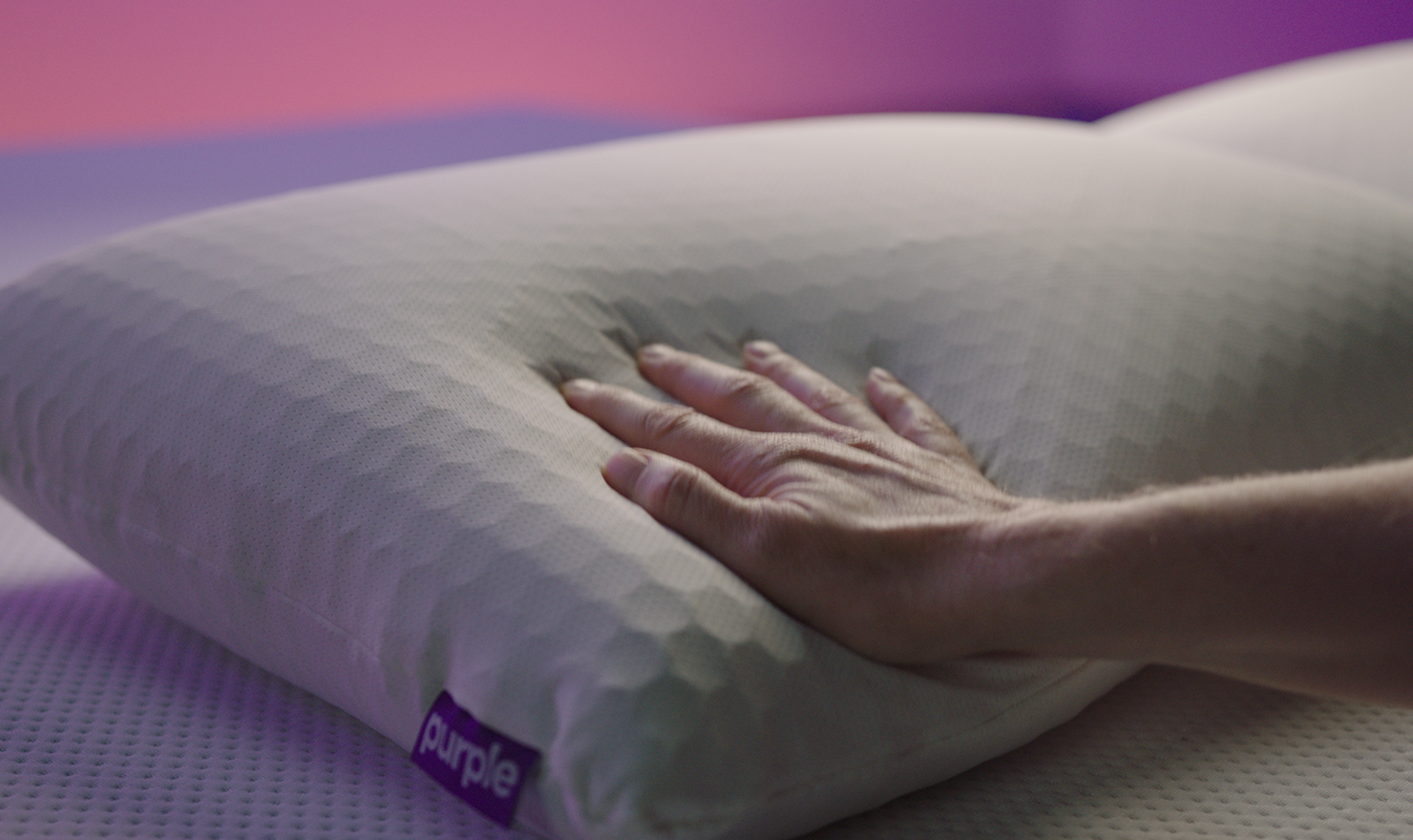Purple Hybrid Premier® 3 Mattress – Luxury Mattress Science Can Make
The perfect balance of comfort and support, the Purple Hybrid Premier 3 offers our most popular combination of body-aligning, responsive support and cushioning comfort for what customers describe as life-changing sleep. Three inches of GelFlex™ Grid cradle the body and create a buoyant feel that’s supported by a layer of stainless steel coils.
The perfect balance of comfort and support, the Purple Hybrid Premier 3 offers our most popular combination of body-aligning, responsive support and cushioning comfort for what customers describe as life-changing sleep. Three inches of cradle the body and create a buoyant feel that’s supported by a layer of stainless steel coils.
Looking for an even more immersive feel? Try the Purple Hybrid Premier 4 for the most pressure relief and softest level of comfort.
What’s So Great About the Hybrid Premier?
It’s what’s on the inside that counts. Here’s a look at what makes this model so special – and so comfortable!
Optimal Temperature
Air circulates more easily through the interior coils, which perfectly complement the Grid’s built-in air channels and temperature-neutral gel material.
Instant Response
Coils are, well, springy. They react to pressure quickly, and allow the flexible Grid to reshape as soon as you readjust and move.
Pressure Reduction
The soft, cushioning Grid cradles points like your hips and shoulders while still supporting the rest of your body.
Premium StretchMax Cover
Boasting even more stretch, the soft top material allows you to feel the full benefits of the Purple Grid, while ultra-breathable woven side panels encourage airflow.
3″ or 4″ Purple GelFlex Grid
Made from temperature-neutral, hyper-elastic GelFlex material, this gridded layer is engineered to flex directly under pressure points while still supporting the rest of your body.
Responsive Support Coils
Individually wrapped stainless steel coils pair with the Grid to offer dynamic pressure relief and support. Each coil is wrapped in premium noise-reducing fabric.
Additional information
| Knit Fabric | 29% Viscose, 67% Polyester, 4% Lycra (all +/- 5%) |
|---|---|
| Weight | 450 g/m2 (+/- 10%) |
| Non-Slip Bottom | 450 g/m2 (+/- 10%) |






by Elizabeth
While we are enjoying our new mattress, it’s not quite as firm as we would have liked. It also seems to be ‘sinking in’ more than desired in the areas we sleep.
by Tabatha
We purchased our mattress a month ago and so far we are 100% happy with it. My sleep has improved greatly! The mattress is a little firmer than what I prefer but works just fine, I chose the 3 because of the size difference between me and my husband. I had my doubts because when I tested a mattress at a store I could feel the little squares but they do not bother me at all! The only complaint I might have is the edge of the bed is not firmer like on a regular mattress and I nearly fell off of it the first couple of nights.